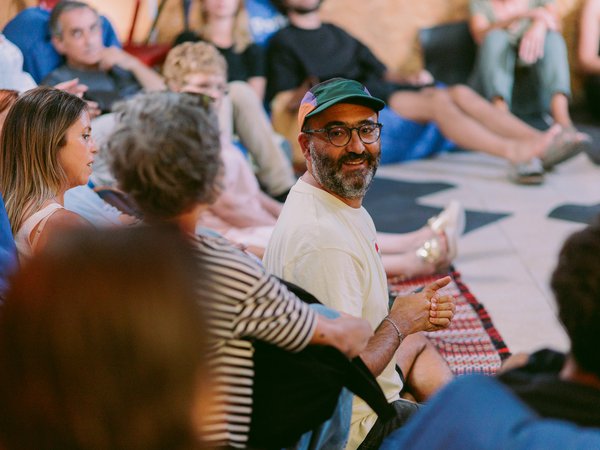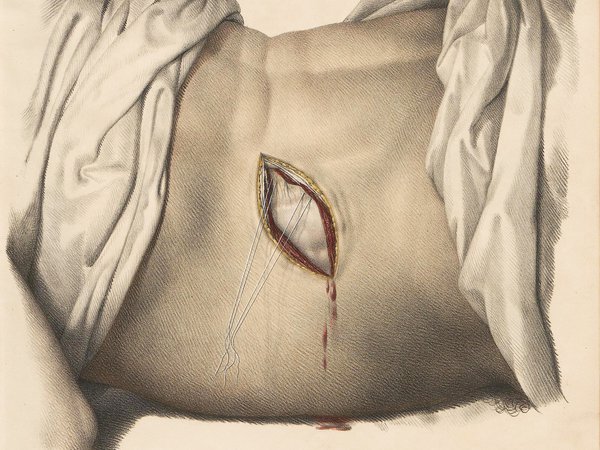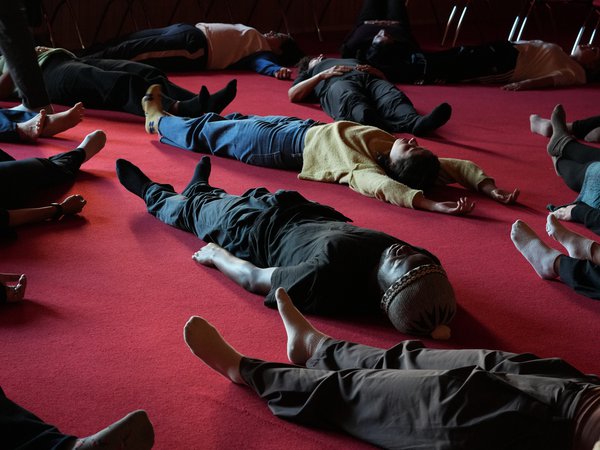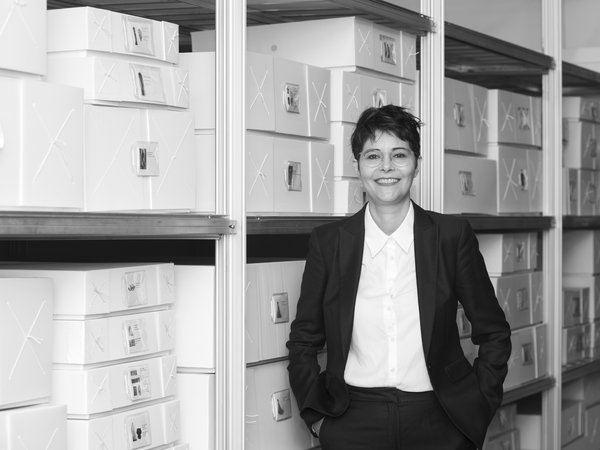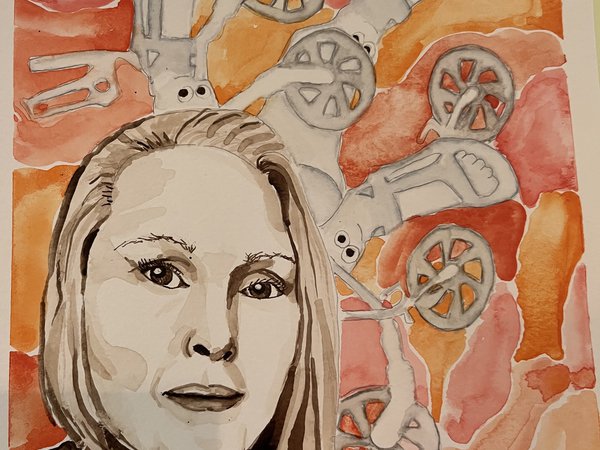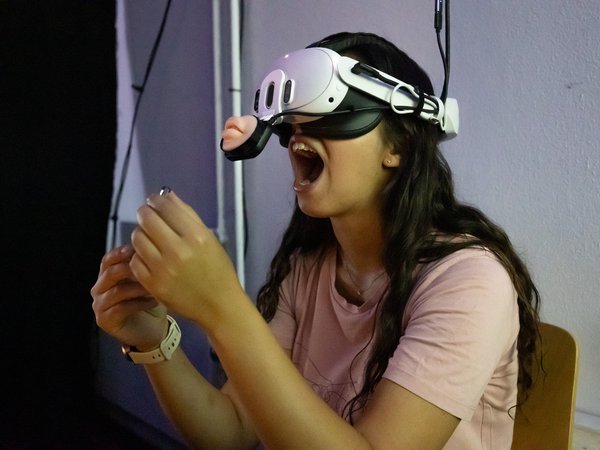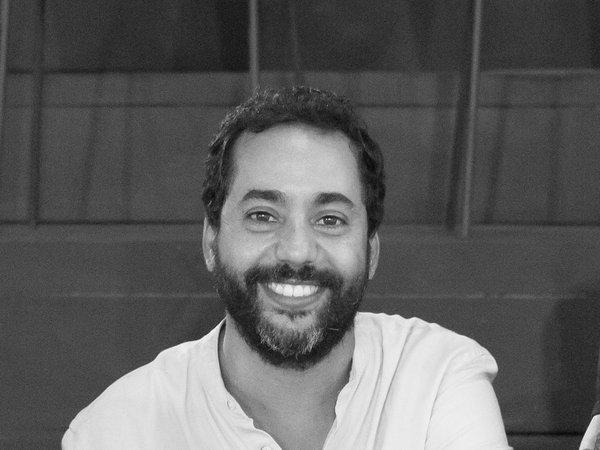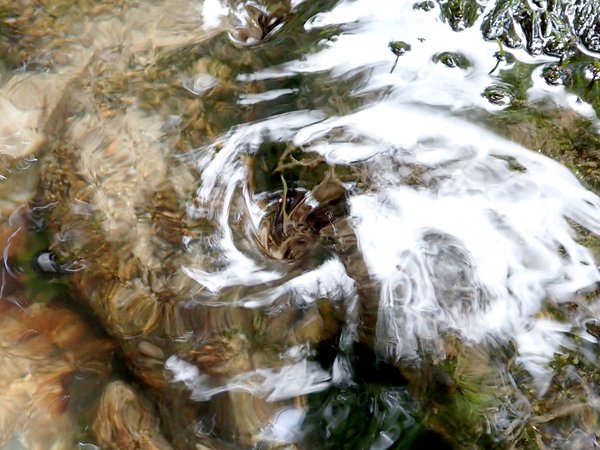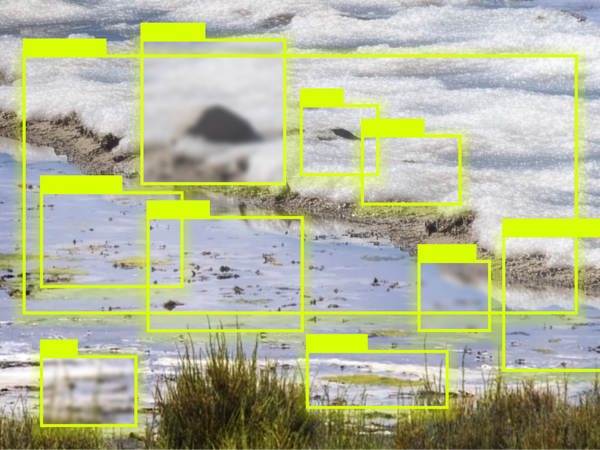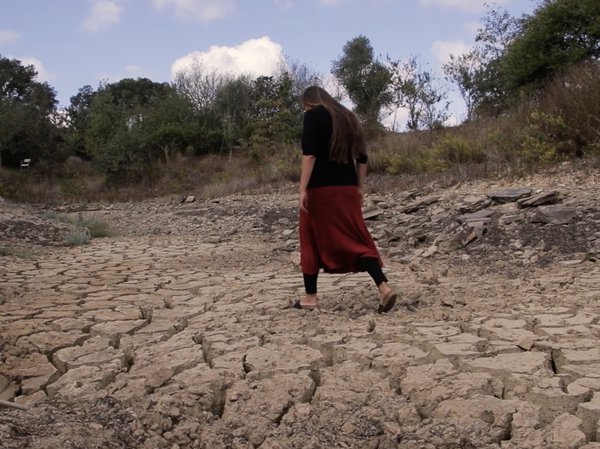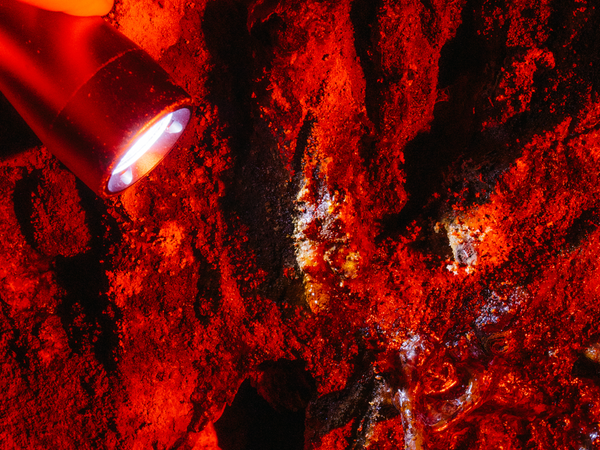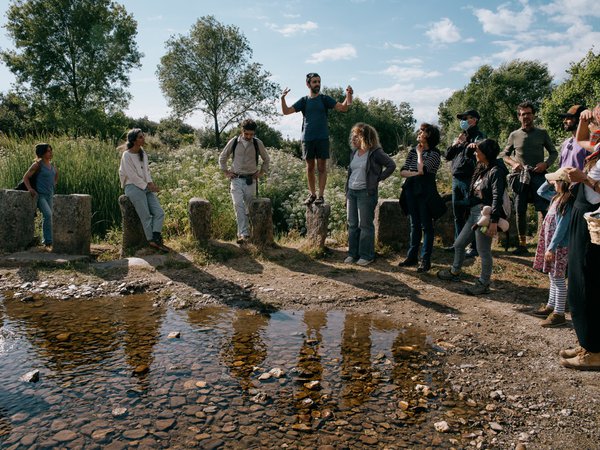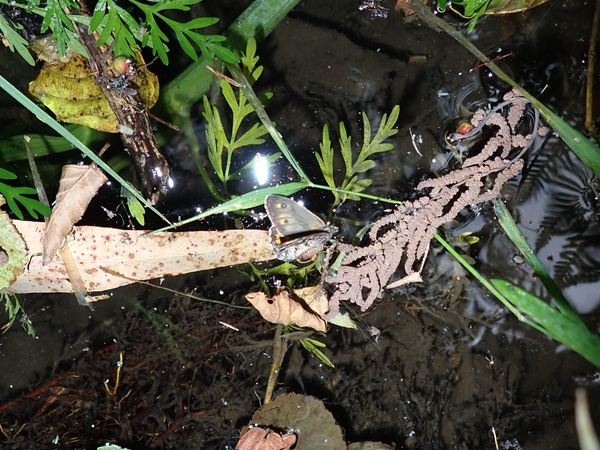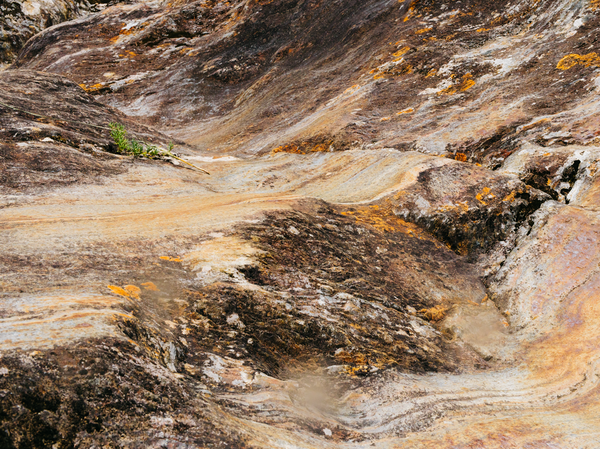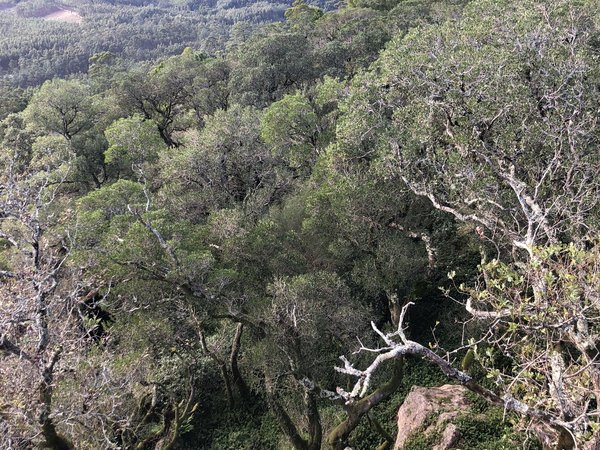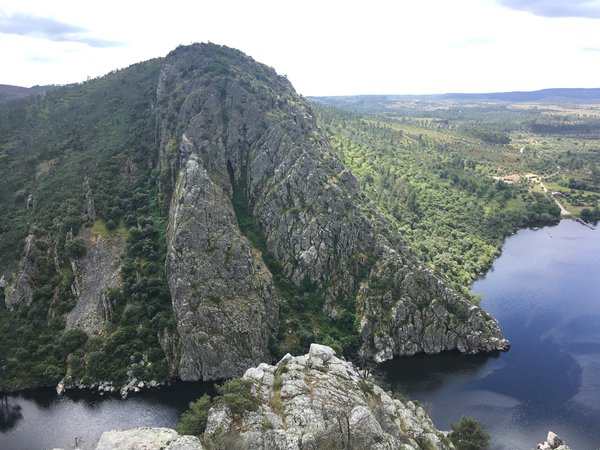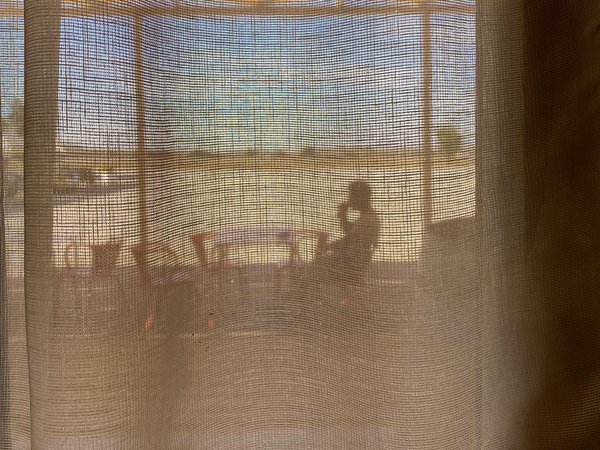Este evento já decorreu.
Racismo na Praça Pública
Racismo na Praça Pública
Moderação: Paula Cardoso e Sofia Lovegrove
Durante mais de um século os artefactos museológicos foram sendo colecionados de formas que não são mais aceitáveis pelas sociedades atuais. Como poderemos reparar esses danos? Serão passíveis de reparação? E que papel podem desempenhar os museus quando abordamos questões como colonialismo e escravatura? Como se olha em conjunto para uma história comum, de diversos ângulos e, ainda assim, reconhecê-la como nossa?
Lonnie G. Bunch III, Secretário do Instituto Smithsonian, explora a necessidade crítica dos museus de todo o mundo de trabalharem colaborativa e criativamente para recuperar e reconhecer os legados dolorosos do tráfico de escravos, de forma a promover justiça social e novas visões para o futuro.
A moderação desta conversa estará a cargo de Paula Cardoso e Sofia Lovegrove - fundadora da comunidade digital Afrolink, e coordenadora assistente do programa International Heritage Cooperation na Agência do Património Cultural dos Países Baixos, respetivamente.
A conferência integra-se no simpósio de um dia, Acertando Contas com o Racismo: A Memória Social do Comércio de Escravos, no Museu de História Natural / Universidade de Lisboa, na Rua da Escola Politécnica.
O Secretário Bunch estará em Lisboa, a convite do Museu Nacional de História Natural e da Ciência da Universidade de Lisboa (MUHNAC-Lisboa).
07 JAN 2023
SÁB 18:30–20:30
Entrada gratuita*
*com levantamento de bilhete 30 min. antes do início da sessão (sujeito à lotação da sala).
Biografia Secretário Lonnie G. Bunch III
Lonnie G. Bunch III is the 14th Secretary of the Smithsonian. He assumed his position June 16, 2019. As Secretary, he oversees 21 museums, including two new museums in development—the National Museum of the American Latino and the Smithsonian American Women’s History Museum, 21 libraries, the National Zoo, numerous research centers, and several education units and centers.
Previously, Bunch was the director of the Smithsonian’s National Museum of African American History and Culture. When he started as director in July 2005, he had one staff member, no collections, no funding and no site for a museum. Driven by optimism, determination and a commitment to build “a place that would make America better,” Bunch transformed a vision into a bold reality. The museum has welcomed nearly 8 million visitors since it opened in September 2016 and compiled a collection of 40,000 objects that are housed in the first “green building” on the National Mall. In 2019, the creation of the museum became the first Smithsonian effort to be the topic of a Harvard Business Review case study.
Occupying a prominent location next to the Washington Monument, the nearly 400,000-square-foot National Museum of African American History and Culture is the nation’s largest and most comprehensive cultural destination devoted exclusively to exploring, documenting and showcasing the African American story and its impact on American and world history.
Before his appointment as director of the museum, Bunch served as the president of the Chicago Historical Society (2001–2005). There, he led a successful capital campaign to transform the Historical Society in celebration of its 150th anniversary, managed an institutional reorganization, initiated an unprecedented outreach initiative to diverse communities and launched a much-lauded exhibition and program on teenage life titled Teen Chicago.
A widely published author, Bunch has written on topics ranging from the black military experience, the American presidency and African American history in California, diversity in museum management and the impact of funding and politics on American museums. His most recent book, A Fool’s Errand: Creating the National Museum of African American History and Culture in the Age of Bush, Obama, and Trump, chronicles the making of the museum that would become one of the most popular destinations in Washington.
Bunch has worked at the Smithsonian in the past, holding several positions at its National Museum of American History from 1989 through 2000. As the museum’s associate director for curatorial affairs for six years (1994–2000), he oversaw the curatorial and collections management staff and led the team that developed a major permanent exhibition on the American presidency. He also developed Smithsonian’s America for the American Festival Japan 1994; this exhibition, which was presented in Japan, explored the history, culture and diversity of the United States.
Bunch served as the curator of history and program manager for the California African American Museum in Los Angeles from 1983 to 1989. While there, he organized several award-winning exhibitions, including The Black Olympians, 1904–1950 and Black Angelenos: The Afro-American in Los Angeles, 1850–1950. He also produced several historical documentaries for public television.
Born in Belleville, New Jersey, Bunch has held numerous teaching positions at universities across the country, including American University in Washington, D.C., the University of Massachusetts in Dartmouth and George Washington University in Washington, D.C.
In service to the historical and cultural community, Bunch has served on the advisory boards of the American Association of Museums and the American Association for State and Local History. In 2005, Bunch was named one of the 100 most influential museum professionals of the 20th century by the American Association of Museums.
Among his many awards, he was appointed by President George W. Bush to the Committee for the Preservation of the White House in 2002 and reappointed by President Barack Obama in 2010. In 2019, he was awarded the Freedom Medal, one of the Four Freedom Awards from the Roosevelt Institute, for his contribution to American culture as a historian and storyteller; the W.E.B. Du Bois Medal from the Hutchins Center at Harvard University; and the National Equal Justice Award from the NAACP’s Legal Defense Fund. In 2020, he was given the Dan David Prize from Tel Aviv University. In 2021, the Society of American Historians awarded Bunch the Tony Horwitz Prize honoring distinguished work in American history of wide appeal and enduring public significance.
In 2020, he was given the Dan David Prize from Tel Aviv University. In 2021, Bunch received France’s highest award, The Legion of Honor.
Bunch received his undergraduate and graduate degrees from the American University in Washington, D.C.
Biografias de Paula Cardoso e Sofia Lovegrove
Sofia Lovegrove
Portuguese-British independent researcher and heritage professional based in the Netherlands, currently working at the Cultural Heritage Agency of the Netherlands asvprogramme officer International Heritage Cooperation and policy officer for multivocality (meerstemmigheid). Holds an MA in Historical Archaeology (University of York, 2014-2015) and an MA in Heritage and Memory Studies (University of Amsterdam, 2018-2020). Her thesis was titled: “Narrating the Past/Perpetuating Violence: The Afterlives of Colonialism in Two Heritage Sites in Cape Verde and Portugal”. Her research lies at the intersection of critical heritage and memory studies, with a focus on contemporary modes of (re)presentation of the Portuguese and Dutch colonial pasts and their afterlives in museums, heritage sites and public memory, and the role of such representation in relation to ideas about identity and belonging, and mechanisms of social in/exclusion.
Paula Cardoso
Fundadora da comunidade digital Afrolink, que visibiliza profissionais africanos e afrodescendentes residentes em Portugal ou com ligações ao país, é também autora da série de livros infantis Força Africana, projetos desenvolvidos para promover uma maior representatividade negra na sociedade portuguesa. Com o mesmo propósito, faz parte da equipa do talk-show online O Lado Negro da Força, e apresentou a segunda temporada do Black Excellence Talk Series, formato transmitido na RTP África. Integra ainda o
Fórum dos Cidadãos, que visa contribuir para revigorar a democracia portuguesa, bem como os programas HeforShe Lisboa e Bora Mulheres, de mentoria e empreendedorismo feminino.
É natural de Moçambique, licenciou-se em Relações Internacionais e trabalhou como jornalista durante 17 anos, percurso iniciado na revista Visão. Assina a crónica Mutuacção no Setenta e Quatro, projeto digital de jornalismo de investigação, é uma das cronistas do
Gerador, e pertence à equipa de produção de conteúdos do programa de televisão Jantar Indiscreto.
Em Março de 2022 foi distinguida pela Euclid NetWork como uma das Top 100 Women In Social Enterprise da Europa.
O simpósio e a conferência Racismo na Praça Pública: o Papel dos Museus em Conversas Difíceis, mas Necessárias são apresentados em colaboração com o Museu de Lisboa, Culturgest, Acesso Cultura, Batoto Yetu Portugal, Embaixada dos EUA e o Slave Wrecks Project – uma rede internacional que faz parte do Museu Nacional Smithsonian de História e Cultura Afro-Americana, em Washington DC.












